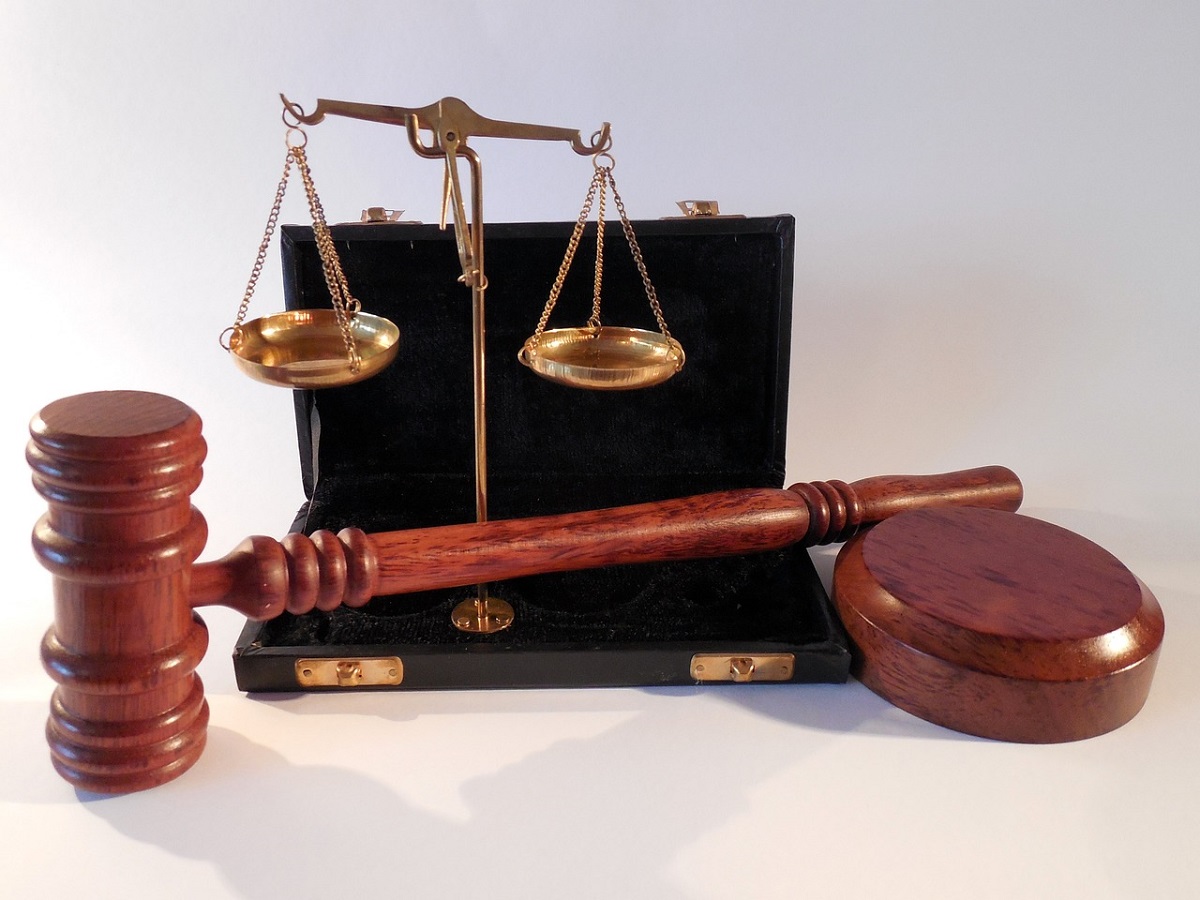Let’s face it. The regulatory upheaval the cryptospace faced for most of 2023 stirred many feelings, especially doubts about the industry’s survival in the face of the heat brought against it by government agencies. Then again, the industry is very much alive and kicking, with a promise of greater things to come.
We reached out to experts within and beyond the industry to give us their takes on the consequential effect of stricter regulations.
Here are their insights and thoughts.
Cuautemoc Weber, CEO and Co-founder of Gateway.fm
“Overall, clear regulatory frameworks can provide a sense of order for the blockchain industry and encourage greater institutional involvement. However, overly restrictive measures that dampen innovation are a cause for concern. When dealing with complex, emergent decentralized technologies, policymakers will err on the side of caution and lay out broad sweeping measures that perhaps don’t take into consideration the realities of building a high-potential Web3 protocol. It’s important to strike the right balance between frameworks that strongly mitigate the risk of nefarious activity while promoting responsible growth within the crypto space. I would encourage consultation with industry stakeholders who are committed to the principles of transparency and security.”
Katherine Kirkpatrick Bos, Chief Legal Officer, Cboe Digital, at Cboe Global Markets
“Crypto is increasingly attracting new kinds of engagement, whether that be crypto-curious investors or banks who are exploring tokenization or crypto custody. That, coupled with an active regulatory environment, has driven many crypto projects to up their game and focus more heavily on risk, compliance, and legal. We’ve seen this recently anecdotally in the active market for lawyers or compliance professionals with digital asset expertise. This is a positive thing – as crypto realizes it needs to align as an ecosystem on basic core standards, it shows maturation. Entities are asking more, detailed questions of their counterparties prior to engagement and this will lessen risk.
The difficultly arises when you have more decentralized projects. Who is hiring the general counsel? Who is accountable? The practical application of legal principles and compliance infrastructure is difficult under those circumstances. This is when you could see some of the original, purest tenets of crypto conflict with regulatory obligations.
We also hope to see more institutional investors continue to seek out and engage with entities who are unequivocally viewed as good actors in the space. Cboe Digital has a vested interest in expanding broader engagement with crypto through regulated entities. There are market participants that were burned by 2022, so having full transparency—whether it be through regulation or decentralization—will continue to be seen as a good and necessary thing. Credibility is more valuable now than ever.”
James Koutoulas, President and Co-Founder of the Commodity Customer Coalition
“This is the first time in American history where we’ve seen a regulator actively trying to destroy an industry in which the country is a leader. Gensler, who isn’t even a lawyer, has constantly contradicted himself such as (accurately) testifying before Congress that the SEC didn’t have statutory authority to regulate crypto exchanges, but embarked on an unconstitutional mass regulation by enforcement jihad, anyway. This has caused about half a trillion in market cap destruction in the name of investor protection and cost just Ripple $150 million in legal fees to successfully defend themselves. It’s unconscionable and why I’m suing the SEC on behalf of letsgobrandon coin to help end their illegal reign of terror.”
Stefan Rust, CEO of Truflation
“Stricter regulation in crypto markets has drastically and negatively impacted the end-user experience. Every institution is now enforcing its own compliance and KYC models onto users while neglecting to drive the decentralized attestation associated with KYC and AML.
This regulation has reinforced the power of centralized institutions that are merely trying to take the existing, broken systemic model into a new, modern decentralized finance technology. However, in DeFi, we have a much lower cost base with far fewer takers in any given transaction.
The path of least resistance is to follow these crypto regulatory guidelines and suggestions; however, this neglects to take into account the fact that all this is doing is protecting the incumbents and the current, broken system.
Regulation and frameworks are needed, but attempting to apply the current guidelines – many of which were developed over a century ago – is folly. Decentralized networks, where the computers on our phones are more powerful than most mainframes at the banks, require a new set of frameworks and regulations.
It is important these new frameworks still enable growth – not only in crypto, but across all sorts of new emerging technologies and sectors. This and only this will take the global economy out of the debt slump it is currently suffering.
The suggestions and frameworks proposed by US Presidential Candidate Vivek Ramaswamy are the type of guidelines that this industry is looking for and needs. This includes regulating crypto as commodities, radically reducing the workforce at the US SEC, and ending the targeting of software developers.
These are frameworks that can allow this new technology to disrupt the existing system while providing better, fairer financial services that can be accessed by anyone in open, limitless markets.”
Tyler Adams, CEO and Co-Founder at COZ
“A strict policy position is a much safer entry point for government agencies that want to introduce consumer protections immediately while continuing to work to understand the implications of the industry. The regulatory clarity is generally helpful, irrelevant of the position, because it resolves risks due to uncertainty, which makes the space difficult for institutions to enter.”
Guy Gotslak, Co-Founder and President at My Digital Money
“First, it has motivated investors to become more cautious about whom to trust with their money. It’s been a slow crawl to awareness but seeing how investors are losing millions because they trusted the wrong platform is teaching people how to vet a platform.
Second, it’s filtering the bad actors, not just the SBFs of this world but also the SquidGame tokens of this world, hyped-up tokens being developed with no apparent utility, no backing of reputable investors, and others.
Third, it’s shaping the industry to go mainstream. Regulations may be inconvenient, but they guarantee some protection for investors. When investors know there is some measure to protect them, they’ll be more comfortable to invest in it. That will open the crypto industry to trillions of dollars.”
David Kemmerer, CEO, CoinLedger
“I think in a lot of ways, stricter crypto regulatory activities have helped to develop and evolve the industry into something that is more accessible and secure. However, this type of regulatory activity can have negative impacts on the market and the industry in the moment. New regulations tend to disrupt trading and can result in unpredictable swings in prices and value of different currencies—but, they also tend to foster positive change and innovation as the industry rises to the challenge of staying ahead while staying within regulations.”
Shira Brezis, Chief Executive Officer at Redefine
“Stricter policies in the Web3 space can come in many forms. From enforcing laws that have been on the books for years as we saw with binance and AML, to recent discussions on expansion of the BSA in order to expand the definition of a bank to include many crypto entities.
The proposed digital asset anti-money laundering act would add costs to many service providers including wallet providers, miners, validators and more. Ensuring that the benefit of specific regulation outweighs the cost to the industry is an important assessment for legislators to make.
The tools and knowledge to enforce the current regulation exist today. The relevant government agencies should engage in discussions with industry leaders to better understand how to effectively regulate without hindering the growth of the novel industry. Visionary regulators who both understand the current state of the Web3 space as well as the growth trajectory and potential have an opportunity to rise to the occasion and do good for the world.”
















